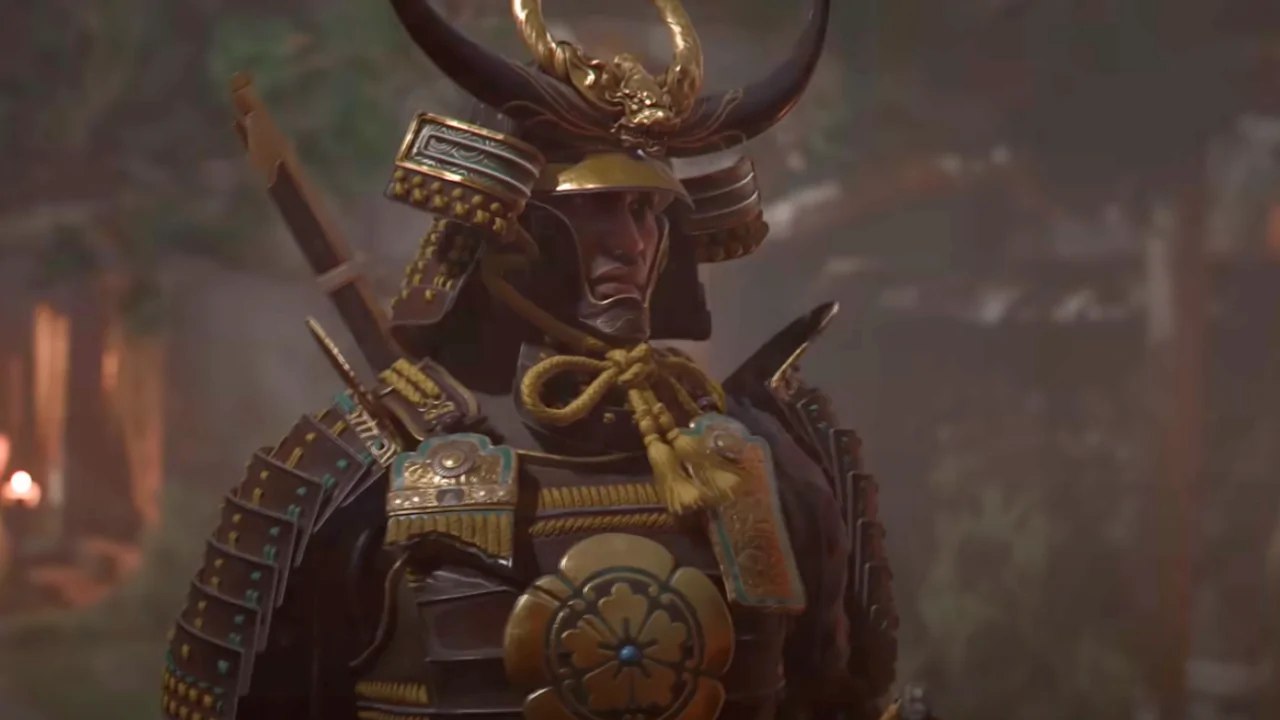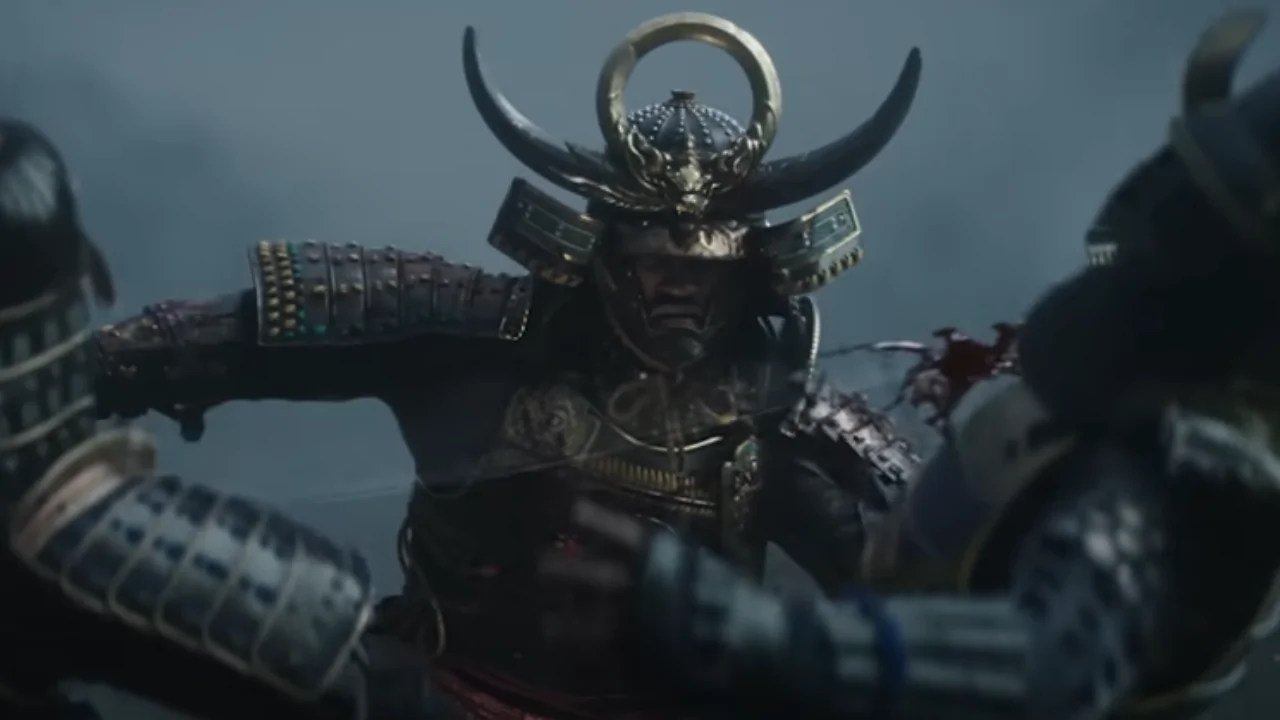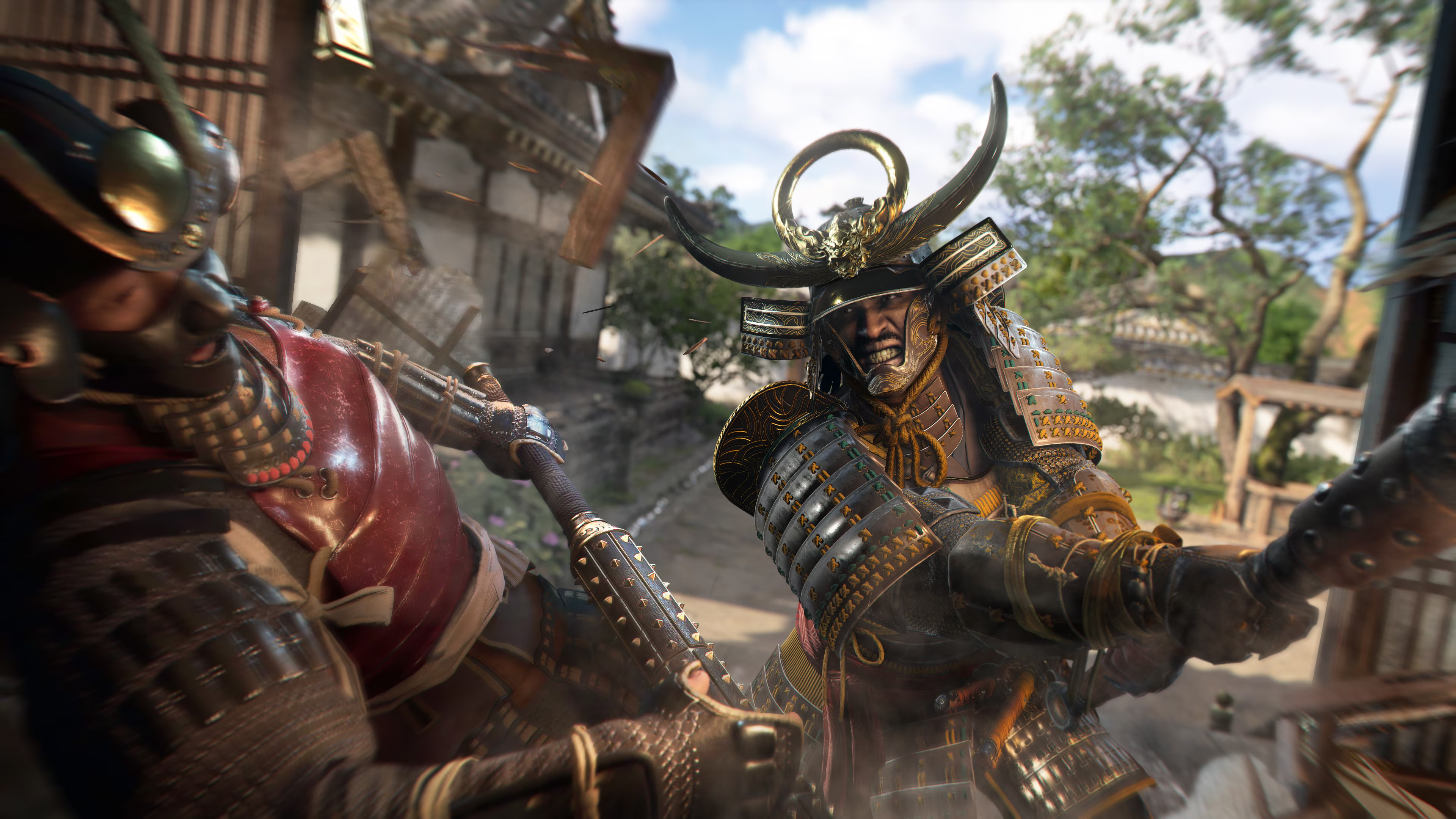
A screenshot from Assassin’s Creed Shadows (2024), Ubisoft
Japanese YouTuber Shohei Kondo discovered that Ubisoft has a job listing for a Native Japanese Localization Tester that is located in Chengdu, China.
A screenshot from Assassin’s Creed Shadows (2024), Ubisoft
In a recent video upload, Shohei Kondo, went to Ubisoft’s career web page and searched for job openings as a game tester for the company. His search resulted in a Native Japanese Localization Tester job that is located in Chengdu, China.
Upon clicking through to the job position, he questioned, “You are looking for local Japanese, right? Why they always put Chinese to the Japanese? Like they put Chinese subtitle to a Japanese trailer.”
After he completed his application for the position, he commented, “This is really ridiculous. Native Japanese Localization Tester in China. This company. … Something that really makes me worry is that why they are looking for people in China. When they mention history expert it’s Chinese. Actually, if that’s it, it much more makes sense because there’s a Chinese instrument and people are talking about the buildings and a lot of stuff looks like mostly in China. And I can easily tell Japanese are not involved. And this brings me another concern,” he concluded.
A screenshot from Assassin’s Creed Shadows (2024), Ubisoft
As of writing the job is still listed on Ubisoft’s website and notes that it is an office-based position at Ubisoft’s office in Chengdu, China. Interestingly, the Company description is also translated into Chinese, but the Job Description is translated into Japanese.
The company’s description on the job listing states, “Established in 2008, Ubisoft Chengdu is one of the key game studios in western China and a full-fledged production center, with over 320 talents contributing to Ubisoft’s line-up. We have a strong track record of co-development on Ubisoft’s biggest brands such as Assassin’s Creed, Skull and Bones and For Honor, as well as developing casual games such as Rabbids party game and bringing hit titles to Switch.”

A screenshot of Ubisoft’s Native Japanese Localization Tester job application located in Chengdu, China
While the job listing notes it is an office-based position in Chengdu, China, there is a “Bonus points” section under the Qualifications section that states “Willing to work in China (we can provide working visa if you choose to work onsite Ubisoft Chengdu Studio)
A screenshot of Ubisoft’s Native Japanese Localization Tester job application located in Chengdu, China
Making this all the more bizarre is the fact that Ubisoft has an office in Tokyo, Japan. Nevertheless, this does appear to be something that the company does given the three job openings it has in its Tokyo office are for a Social Engagement Manager Korea, Content Creators Manager Korea, and Brand Lead Korea.
The company has an office in Seoul, Korea.
READ: Rumor: Ubisoft To Make Changes To “Yasuke’s Story And How He’s Portrayed In” ‘Assassin’s Creed Shadows’
As noted by Kondo, the fact that the company is attempting to locate a native Japanese speaker to be a localization tester in China raises even more questions about the company and its executives’ statements regarding its commitment to authenticity.
In an interview with The New York Times, Ubisoft’s Assassin’s Creed Executive Producer Marc Alexis Côté declared, “We want people to be passionate about history. What does that mean? Stay true to well-documented moments and historical figures, but not shying away from having a critical point of view and defying clichés to go beyond what is the accepted truth.”
Noelle Adams and Marc-Alexis Côté via Darranged YouTube
Assassin’s Creed Shadows Lead Producer Karl Onnée made similar comments to Games Industry. He told the outlet, “We are trying to create a game that is as authentic as possible. It’s something we take pride in.”
He continued, “And that is also a very long process. When we build a Japanese house from feudal Japan, it is very different from, say, a French medieval house or an English one. So you have to learn as artists where things go inside a feudal Japanese house… maybe the food doesn’t go there. You have to get everything you need to know and learn it. And that process is long.”
A screenshot from Assassin’s Creed Shadows (2024), Ubisoft
Later in the interview, Onnée explained how they went on site to conduct their research, “It’s not feudal Japan, obviously, but it is good to go on site, because it is only then that we realise it is very different to what we think it is.”
“These are some of the small things that are very important, because you get a better sense of the dimensions of the building, of the culture, of monuments and shrines that are still standing today… it is important to represent all that correctly,” Onnée added.
A screenshot from Assassin’s Creed Shadows (2024), Ubisoft
Onnée then detailed, “Obviously when we make a game, we are trying to appeal to a global audience.”
“Since we are making a game in Japan, we do hope to appeal to more Japanese players. So, it is very important that we try to be as authentic as possible,” he continued. “We come from a humble position of we don’t know anything and we need to learn everything from scratch. We are making sure we respect things, because that is something very important to Japanese people, as it is in many other countries.”
“When you come in, you don’t want to come in as if you know everything. We want to build something that when they see and play it, they will recognise their own country,” he concluded.
A screenshot from Assassin’s Creed Shadows (2024), Ubisoft
Game Director Charles Benoit also informed Xbox Wire, “We’re at the end of Sengoku era, in a turning point of Japan history. Assassin’s Creed is well known for its depiction of the history and accurate recreation of the world and it’s what players can expect with Assassin’s Creed Shadows. We’re showing real historical figures, such as Oda Nobunaga and a lot of events that happened during that time, so you’re not only playing in feudal Japan, but learning about this fantastic time period.”
The game’s Associate Narrative Director Brooke Davies also shared, “The historical character of Yasuke presented a really exciting opportunity for the narrative team. We approached it in the same way that so much of the work is done in Assassin’s Creed, which is really in terms of research and history first.”
She then admitted, “Not a lot is known about him, but what we did know or we do know is that he arrived in Japan in 1579 right when our game starts. And that he had relationships with some of the most interesting people in our setting, like Oda Nobunaga, the Portuguese and Jesuits, which made it very sort of tantalizing and enticing from a narrative perspective to come in and start weaving these facts with story in between.”
In a blog post, Ubisoft detailed, “Ubisoft Quebec went to great lengths consulting source documentation and building a network of expert historians, professors, and cultural consultants to help the team build a world as authentically as possible, from castle construction principles to tea ceremonies to tatami alignment.”
It added, “The team made trips to Japan to help them properly grasp the landscape and the culture, and more importantly, connect with Ubisoft’s Tokyo and Osaka teams, who helped with the creation of the game.”
A screenshot from Assassin’s Creed Shadows (2024), Ubisoft
The blog post also made it clear that they were attempting to tell a historical story of Yasuke. It detailed, “[Yasuke] also offers a unique perspective on the period: players can discover Japan alongside him. On one hand, he serves as a warning for the colonizing threat that the Portuguese present, and on the other, he adapted and thrived in Japan, and can be viewed as an example of the meritocratic structure established under Nobunaga.”
”In Assassin’s Creed Shadows, his historical story is established, and then developed and expanded from that point (the team won’t spoil how he’s linked to Assassin’s Creed’s lore; players will have to play the game to find out),” it declared.
A screenshot from Assassin’s Creed Shadows (2024), Ubisoft
Davies also stated back in the middle of June, “The story that we’re telling is historical fiction. So to take the events of history and what we know of the history and then I think it kind of like as a palette. Then the story that we write based on these events and what is known needs to fit within that pallet. So we can’t bring stuff from outside of this. We’re trying to work within this palette.”
She added, “But the story is very much fiction and what the writing team has imagined based on these historical figures and events that we’ve learned about working with our researchers and historians and consultants.”
What do you make of Ubisoft trying to staff a Native Japanese Localization Tester in China?





